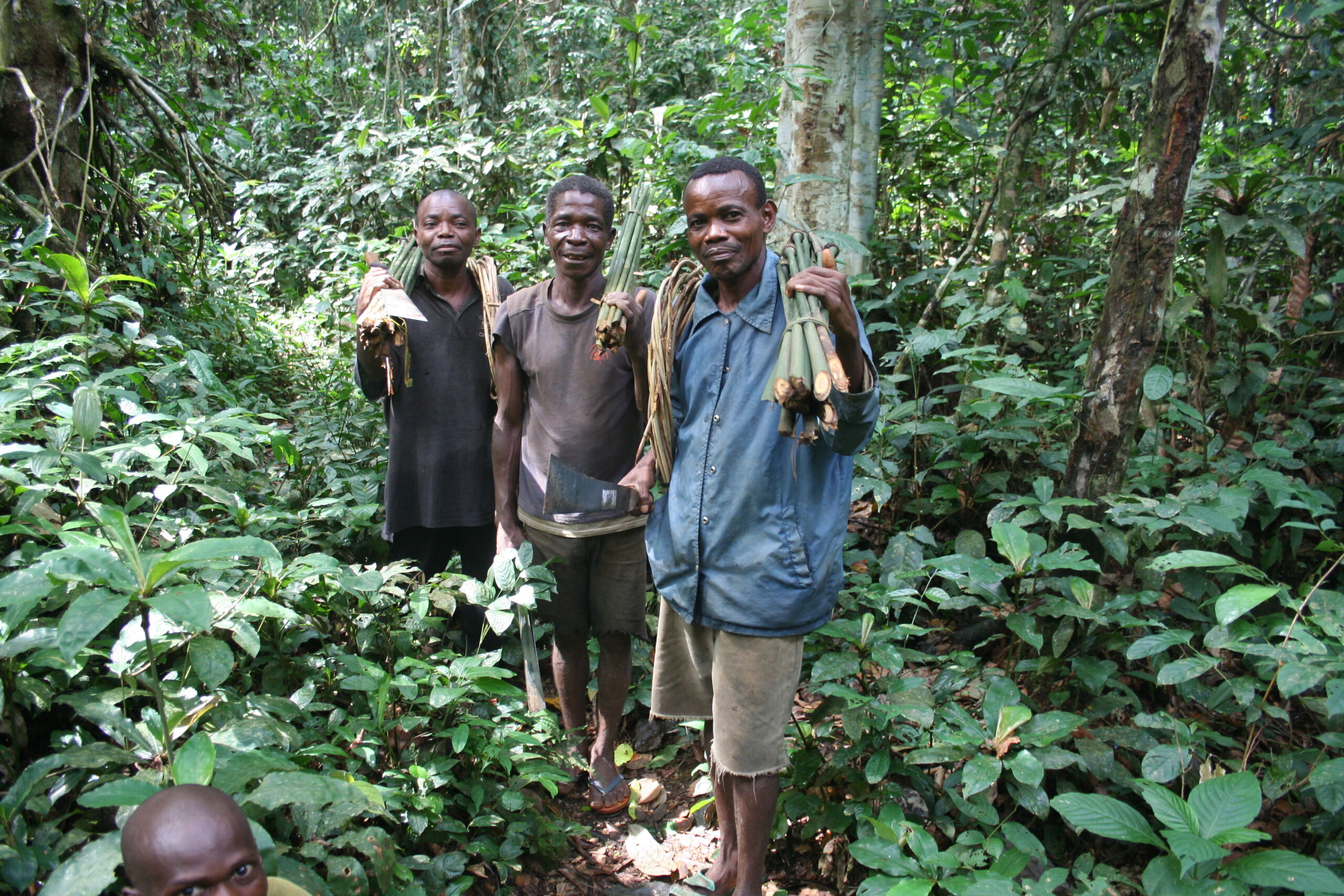Welcome to the Well Grounded blog! This will be a space for reflection about the challenges facing African civil society organisations today – particularly the challenges they face in their own organisations, in developing collective action with others and in identifying how to open and occupy space for real and positive change. As time goes on, we hope that many different people and organisations get involved in the conversation, challenge ideas, provoke discussion and debate and share solutions.
When Iola Leal and I set Well Grounded up in 2010, both of us, from a forest campaigning background, had worked for a long time with many fantastic African organisations and individuals. The problems that African citizens face at home: poverty, little or no security on their own land, dwindling natural resources, disappearance of species that are important to their cultures, are all too heavily influenced by what governments, banks and others do elsewhere in the world. African activists and organisations have been tackling these issues head on and doing what they can to change things. However, as well as being up against huge challenges in the world in which they are working, there is another major barrier, an internal one: how people organise themselves so that they are best placed to be able to meet the challenges.
Organisations all over the world face this problem: I am sure that every person reading this blog can think of examples. A charismatic founder who can’t let go of what they’ve established; an inspirational leader who finds herself swamped by management responsibilities that don’t interest her; an organisation that tries desperately to meet all the needs of the people it works for and as a consequence can’t do any one thing particularly well; an organisation that starts off brilliantly and then grows so quickly that it can’t manage and implodes… That’s why we started Well Grounded: we wanted to try and support organisations to create and use that space to develop themselves in a direction that meets their needs and those of the people they were working for.
It took our small team time to articulate exactly what we were working on. We knew that it was about creating space for organisations to set their own direction and deal with their internal challenges. We knew that we didn’t want to be directive: although all of us in the team have very clear personal ideas about what we believe will improve environmental and social justice, there are already plenty of articulate African activists out there with clear ideas themselves. And we knew that we didn’t want to become a direct channel for funding – as soon as you handle the money, however good the intentions and however equal the relationship starts out, it’s almost impossible not to end up with the partner that controls access to the money being the one that sets the agenda. As we developed ourselves, making plenty of mistakes along the way and seeking out plenty of advice and help from others, we came to realise that what we were talking about was organisation development: supporting African organisations who are taking conscious steps to develop themselves.
At the start, we were very concerned about having tools and systems and ways of measuring what we were doing: mainly because we weren’t all that sure about exactly what we were doing. But as time has gone on, more and different people have joined us, bringing new and different skills and experience, and our team has been taking risks and testing ideas and letting go of some of our anxiety about structures and systems. It’s not to say that we are haphazard or unorganised, but we have come to realise that for Well Grounded, organisation development is all about supporting a process, at a pace that suits each individual organisation. We start where they are, with whatever they want to work on, and we use that space to open up discussion about the organisation as a whole, its values and its vision and where it wants to go. Then we work with the organisation as it explores and consolidates its ideas and its direction and it builds the skills and confidence of its leaders and its people. And we are sure that in the longer term, our small contribution towards the emergence of still more self-confident African organisations who take a lead on environmental and social justice will make a real difference to their fellow citizens and the protection of their natural resources.

